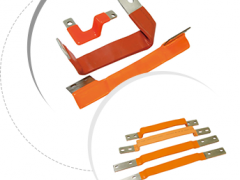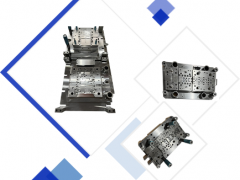Precision connectors are a very important component in the construction of electronic engineering, capable of quickly connecting two optical fibers or metal cables to form a pathway for transmitting electrical or optical signals. Its main role is to ensure low connection loss and is suitable for applications requiring high precision, such as measurement applications and 3C products.
Depending on their material and design, precision connectors are generally categorized into different types such as bayonet connections, plug-in connections, threaded connections and cabinet connections. Bayonet connections are a commonly used form of reliable and fast connection and disconnection, plug-in connections do not require twisting and turning, threaded connections are commonly used in large sizes and high vibration environments, and cabinet connections allow for lighter, easier to maintain, and more reliable electrical equipment.
In the manufacturing process, precision connectors need to go through a four-step production process of stamping, plating, injection molding and assembly. Stamping is to make the hardware into pins, plating is to choose different plating to meet customer performance requirements, injection molding is to melt the plastic sub-materials and put them into molds to form, assembling is to plating good hardware and the base to plug.
When selecting precision connectors, low insertion loss and high return loss need to be considered, but cost and ease of connection are also important. In addition, it is also necessary to consider its applicable environment and application areas, such as network communications, computers and so on.
Overall, precision connector is a very important electronic component, its performance and quality directly affect the reliability and stability of electronic equipment. In modern electronic equipment, precision connector is an essential component, which can realize the fast connection and switching between electronic components. Compared with cable wires, precision connectors have many advantages, such as small size, light weight, easy to install and maintain. In addition, precision connectors provide higher quality signal transmission and lower signal loss, thus improving the performance and reliability of electronic equipment.
In the manufacturing process, precision connectors need to go through a four-step production process of stamping, plating, injection molding and assembly. Stamping is made of hardware into pins, plating is to choose different plating to meet customer performance requirements, injection molding is the plastic sub-materials are melted and placed into the mold molding, assembly will be plated hardware pieces and the base of the insertion.
When selecting precision connectors, low insertion loss and high return loss need to be considered, but cost and ease of connection are also important. In addition, it is necessary to consider the environment and application areas for which they are suitable, such as network communications, computers, and so on.


